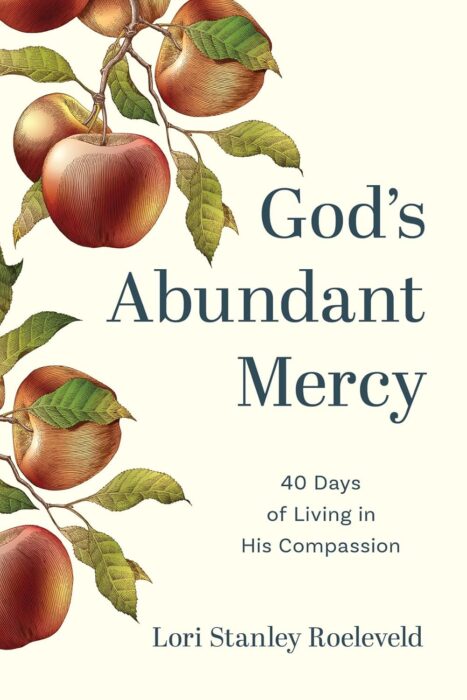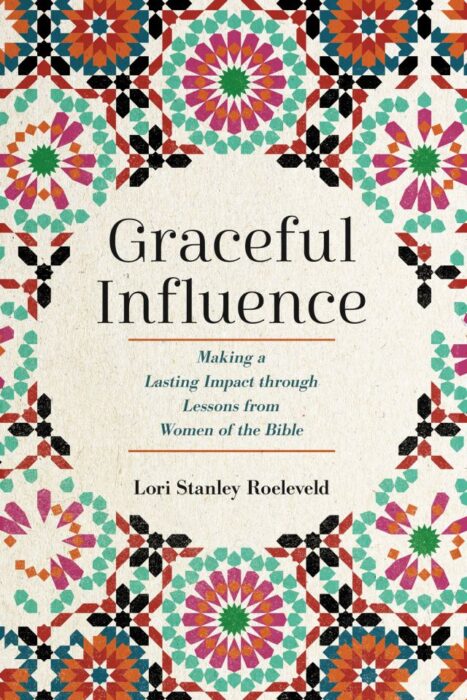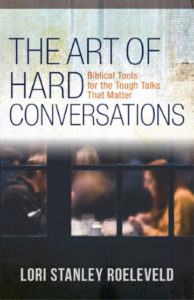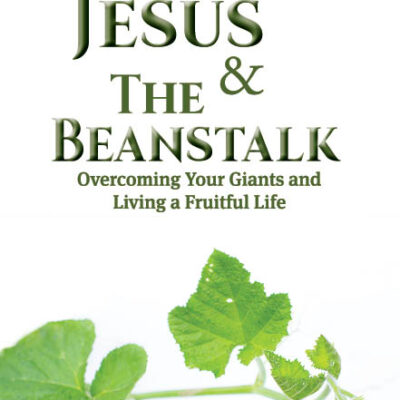 My husband always wants to know “what’s coming next?”
My husband always wants to know “what’s coming next?”
When we watch a movie together, he’s forever asking – “Who is that guy now? Why are they going in there? What’s up with that decision?”
And I’m forever saying, “How about we just watch and let the story tell itself?”
I get it. The suspense of not knowing, even in a movie, never mind in our actual lives, can be almost too much to bear. But the truth is, that’s how God has designed this feature film we call our lives.
Only He is outside of time. Only He sees around the next corner. Only He can track every sub-plot, entrance, exit, and character arc. He is the author of our salvation.
When we’re making our way through a divided kingdom, there is frequently more intrigue than insight. And unlike in the movies, there are real lives, souls, and hearts at stake, so the suspense is real.
Reading the story of David and two of his sons, Amnon and Absalom, we may be horrified but we may also see plotlines that are as familiar to us as the headlines or our own families.
In 2 Samuel, David at last assumes the throne given him by God. He is king and the ark of God is with him. In the movies, this would be the happy ending. But, the Bible is a true story and true stories reflect the complexities of living in a fallen world.
In chapters 11-12, we find the well-known episode of David’s life when he commits adultery with Bathsheba and betrays one of his mighty  men, Uriah, a warrior comrade, her husband, by having him moved to the front of a fierce battle and all the other soldiers fall away. It’s a haunting story of the capabilities of our hearts when we go astray.
men, Uriah, a warrior comrade, her husband, by having him moved to the front of a fierce battle and all the other soldiers fall away. It’s a haunting story of the capabilities of our hearts when we go astray.
Chapter 13 opens the saga of two of David’s sons. Amnon lusts after his half-sister, Tamar, and arranges to be alone to rape her. Tamar is destroyed and disgraced. Shed lives her life, desolate, in her full-brother Absalom’s household.
David leaves the crime largely unpunished (conflicted about his own history?), but Absalom waits two years and then avenges Tamar. Absalom has Amnon murdered and then flees into exile. Eventually, Joab, David’s primary general, orchestrates Absalom’s return from exile.
Absalom repays his father’s invitation to come home by flattering and conniving to take the kingdom from David. David flees with his household and sets strategies in place (leaving a trusted servant behind as a spy, for example) to try to increase the chances of a good outcome.
In the chaos of family and political upheaval, there will be those who try to play both sides, some who will accuse, others who will betray, and some who will demonstrate impressive faithfulness. We see all these here. But, at the heart of this historical episode, is a poet/shepherd/king who refuses to clutch at quick answers and instead, allows God’s story to tell itself.
“Then the king said to Zadok, ‘Carry the ark of God back into the city. If I find favor in the eyes of the Lord, he will bring me back and let me see both it and his dwelling place. But if he says, ‘I have no pleasure in you,’ behold, here I am, let him do to me what seems good to him.’” 2 Samuel 15:25-26
To live in the divided kingdom is to leave with a keen awareness of our own sin and its consequences, the sinfulness of others (even those we love), but also the mercy, love, and faithfulness of the living God.
 It is to know we have limited understanding. It is to take wise action and to make sound decisions.
It is to know we have limited understanding. It is to take wise action and to make sound decisions.
And yet, it is also to know that ultimately, outcomes rest in the hands of our God and can be affected by a myriad of factors including the choices of others and God’s Sovereign plan.
It is to trust that God sees us and holds us in the palms of His hands but that the greater story is not about any one of us, but about all of us and God’s glory.
David is no stranger to betrayal or to suddenly fleeing an enemy who was once a friend. He trusts God, but he suffers, too, with a vulnerability that still resonates with us in the Psalms.
Psalm 143:11-12 ESV reads, “For your name’s sake, O Lord, preserve my life! In your righteousness bring my soul out of trouble! And in your steadfast love you will cut off my enemies, and you will destroy all the adversaries of my soul, for I am your servant.”
In David we see that God rejects our sin, but He never despises our humanity.
We all want quick answers. We each cry out, when our story takes a wrong turn, for understanding, insight, and guidance. We all ask why.
But, like David, we can rest – not in knowing the answers, not in seeing the why’s and the what’s nexts, but in the Great Who. Our God is with us. Our God will never leave us nor forsake us.
We may endure the consequence of sins from which we’ve repented trusting that at the end of the day, we are more than conquerors in Christ Jesus.
Beware of those who rush to translate the times. Beware of those who tell you they know the whys and the what’s nexts. God warns us that as we draw closer to His return, false prophets will appear on every corner (even now we hear them screaming from every screen.)
God warns us that as we draw closer to His return, false prophets will appear on every corner (even now we hear them screaming from every screen.)
Take counsel from David who, though he loved God and had a heart after Him, didn’t presume to know what was around the bend. He lived in the now, not wasting energy on presuming the future, but consulting the Father – trusting God’s story to tell itself.
He rested not in forecasts but in His Father God. And so do all who wisely navigate through divided kingdoms.
Beware Those Who Rush to Translate the Times (a dispatch from the divided kingdom) https://t.co/DPBJhWJvMy #Evangelicals #Jesus #Prophecy
— Lori Roeleveld (@lorisroeleveld) January 18, 2020










